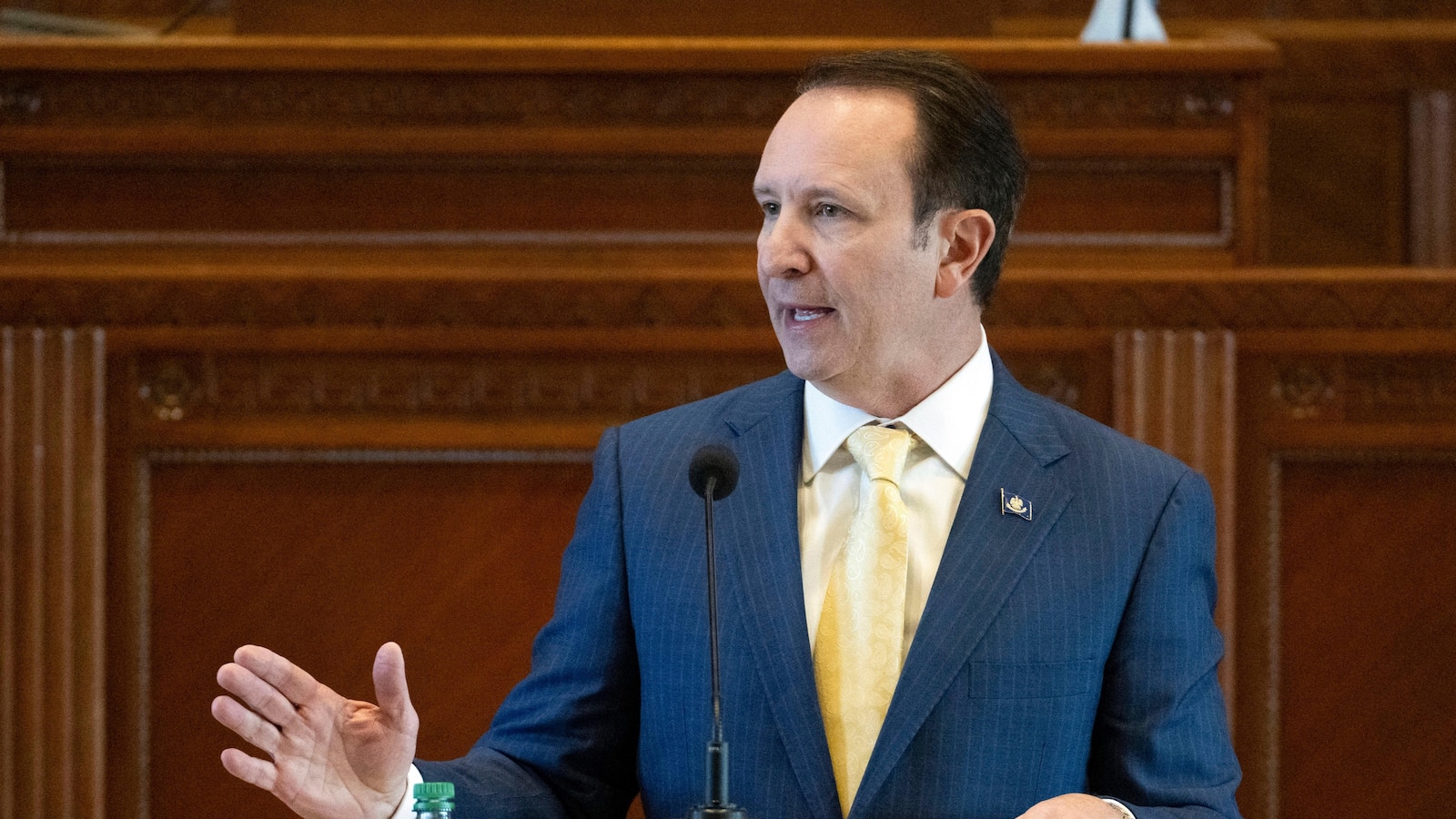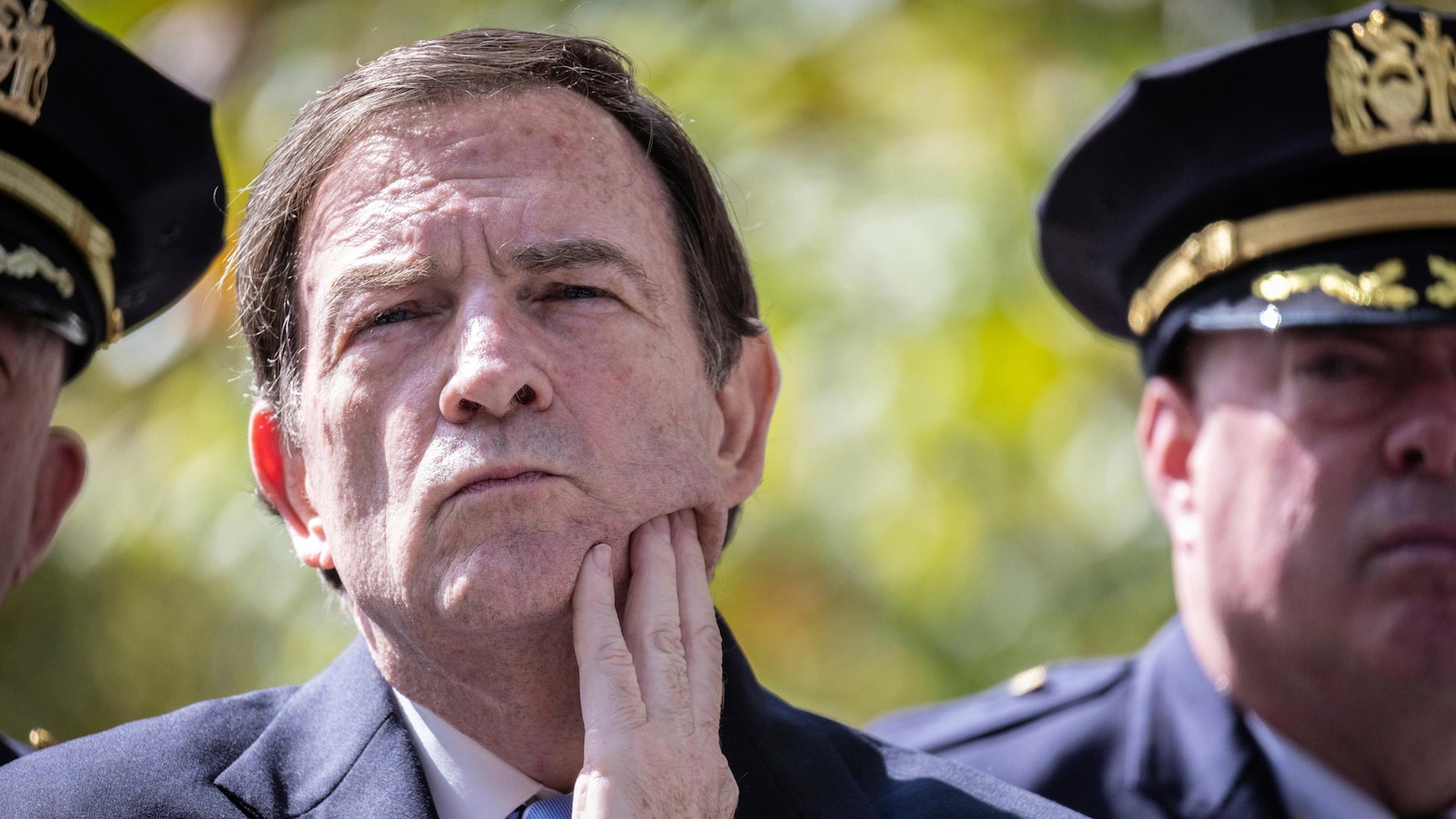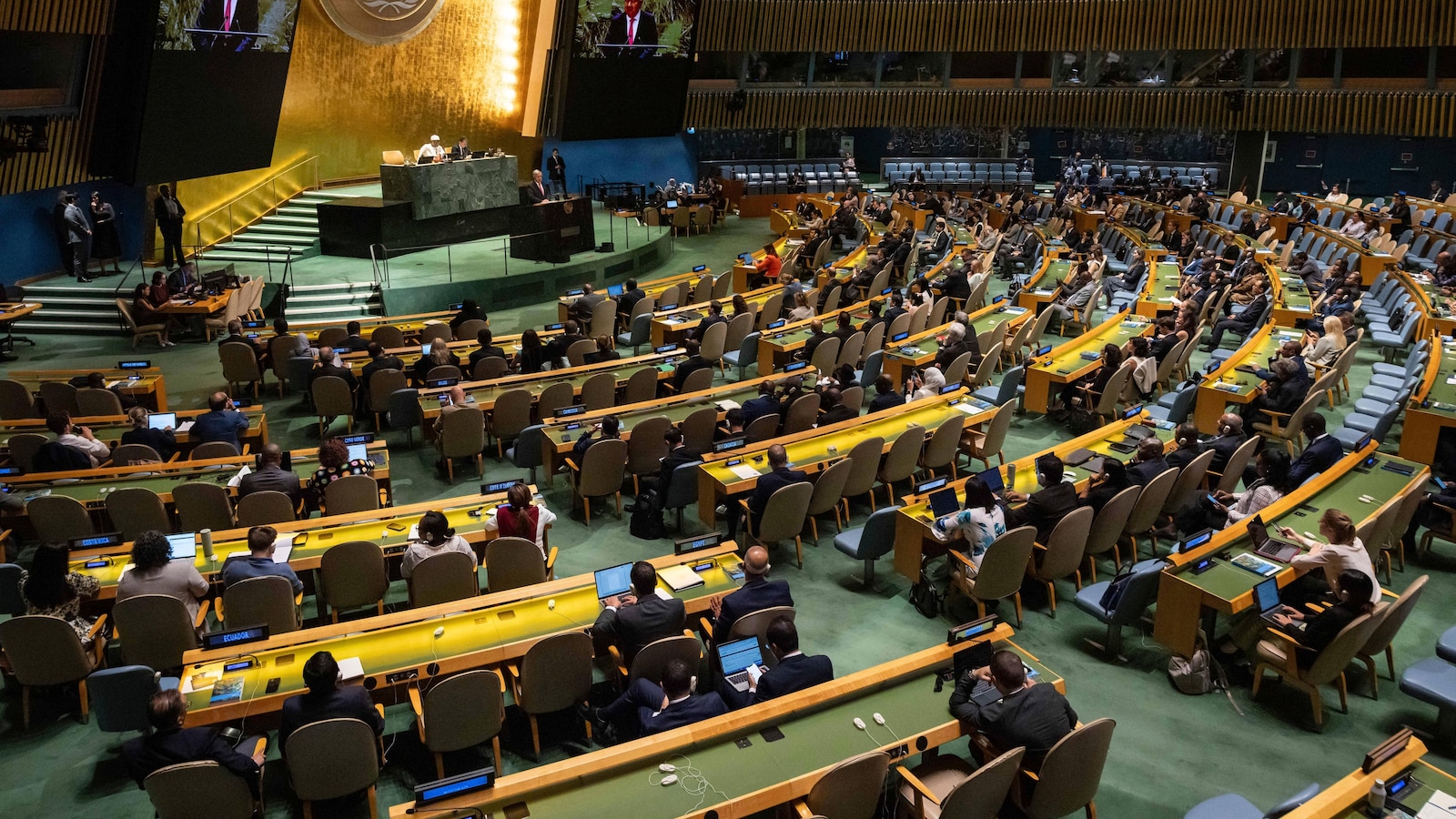
BATON ROUGE, La. — A new Louisiana law will make it a crime to knowingly approach within 25 feet (7.6 meters) of a police officer while they are “engaged in law enforcement duties” and after the officer has ordered the person to stay back.
Opponents of the legislation, which Louisiana Gov. Jeff Landry signed into law Tuesday, fear the measure could hinder the public’s ability to film officers, which has increasingly been used to hold police accountable — including in high profile cases, such as the killing of George Floyd. Proponents argue the law will create a buffer-zone to help ensure the safety of officers when it goes into effect Aug. 1.
“This is part of our continued pledge to address public safety in this state,” Landry, who has a law enforcement background, said during the bill signing.
A nearly identical bill was vetoed last year by then-Gov. John Bel Edwards, a Democrat. Edwards called the measure “unnecessary” and said it could be used “to chill exercise of First Amendment rights.”
“Each of us has a constitutional right to freely observe public servants as they function in public and within the course and scope of their official duties,” Edwards, who served in the U.S. Army and was the son of a sheriff, said in last year’s veto message. “Observations of law enforcement, whether by witnesses to an incident with officers, individuals interacting with officers, or members of the press, are invaluable in promoting transparency.”
However, with a new governor in office and the GOP continuing to hold a supermajority in the Louisiana Legislature, the bill had a clear path forward.
Author of the legislation state Rep. Bryan Fontenot, like his fellow Republican lawmakers, said the new law provides officers “peace of mind and safe distance to do their job.”
Lawmakers opposing the bill, among the most outspoken being Black Democrats, have echoed Edwards’ fears that the bill could impede onlookers’ ability to observe police officers.
“The twenty-five-foot buffer legislation fundamentally seeks to curtail Louisianians’ ability to hold police accountable for violence and misconduct,” the American Civil Liberties Union of Louisiana said in a statement Tuesday. “We denounce the passage and signing of this legislation and urge our communities to stay vigilant and safe in response to these developments.”
The measure’s supporters argue nearby bystanders would still be close enough to film police interactions.
“At 25 feet, that person can’t spit in my face when I’m making an arrest,” state Rep. Fontenot said while presenting his bill in a committee earlier this year. “The chances of him hitting me in the back of the head with a beer bottle at 25 feet — it sure is a lot more difficult than if he’s sitting right here.”
Additionally, those against the new crime say there is already a law barring people from interfering with law enforcement investigations.
Anyone who is convicted of the new crime of “knowingly or intentionally” approaching a police officer — after being ordered to “stop approaching or retreat” — faces up to a $500 fine, up to 60 days in jail or both.
Language in the measure appears to put in some safety nets, stating that an acceptable “defense to this crime” includes establishing that the “lawful order or command was neither received nor understood by the defendant.”
Louisiana recently passed a new law that prohibits individuals from approaching police officers in specific situations. This law, which went into effect on January 1st, aims to protect both law enforcement officers and members of the public by reducing potentially dangerous interactions.
Under the new law, it is now illegal for individuals to approach a police officer in certain situations, such as during a traffic stop or when an officer is engaged in a high-risk situation. The law also prohibits individuals from interfering with an officer’s duties or obstructing their ability to perform their job.
Proponents of the law argue that it is necessary to ensure the safety of both police officers and the public. By limiting interactions between civilians and law enforcement in certain situations, the law aims to prevent misunderstandings or escalations that could lead to violence or harm.
However, critics of the law argue that it infringes on individuals’ rights to freedom of speech and expression. They argue that approaching a police officer to ask a question or voice a concern should not be considered a criminal offense.
Despite the controversy surrounding the new law, Louisiana officials have stated that its primary goal is to promote safety and prevent potentially dangerous situations from escalating. They emphasize that individuals are still able to communicate with police officers in non-threatening situations and that the law is intended to protect both officers and civilians.
It is important for residents of Louisiana to familiarize themselves with the new law and understand when it is appropriate to approach a police officer. By following the guidelines set forth in the legislation, individuals can help promote a safer and more harmonious relationship between law enforcement and the community.


